'Nobody is safe': 10 findings you need to be aware of following the UN's 'code red' climate report
If the natural disasters of the last few months weren't enough to go by - floods in China and western Europe, heatwaves and drought in North America and wildfires in the sub-Arctic - today's 'code red' warning should be.
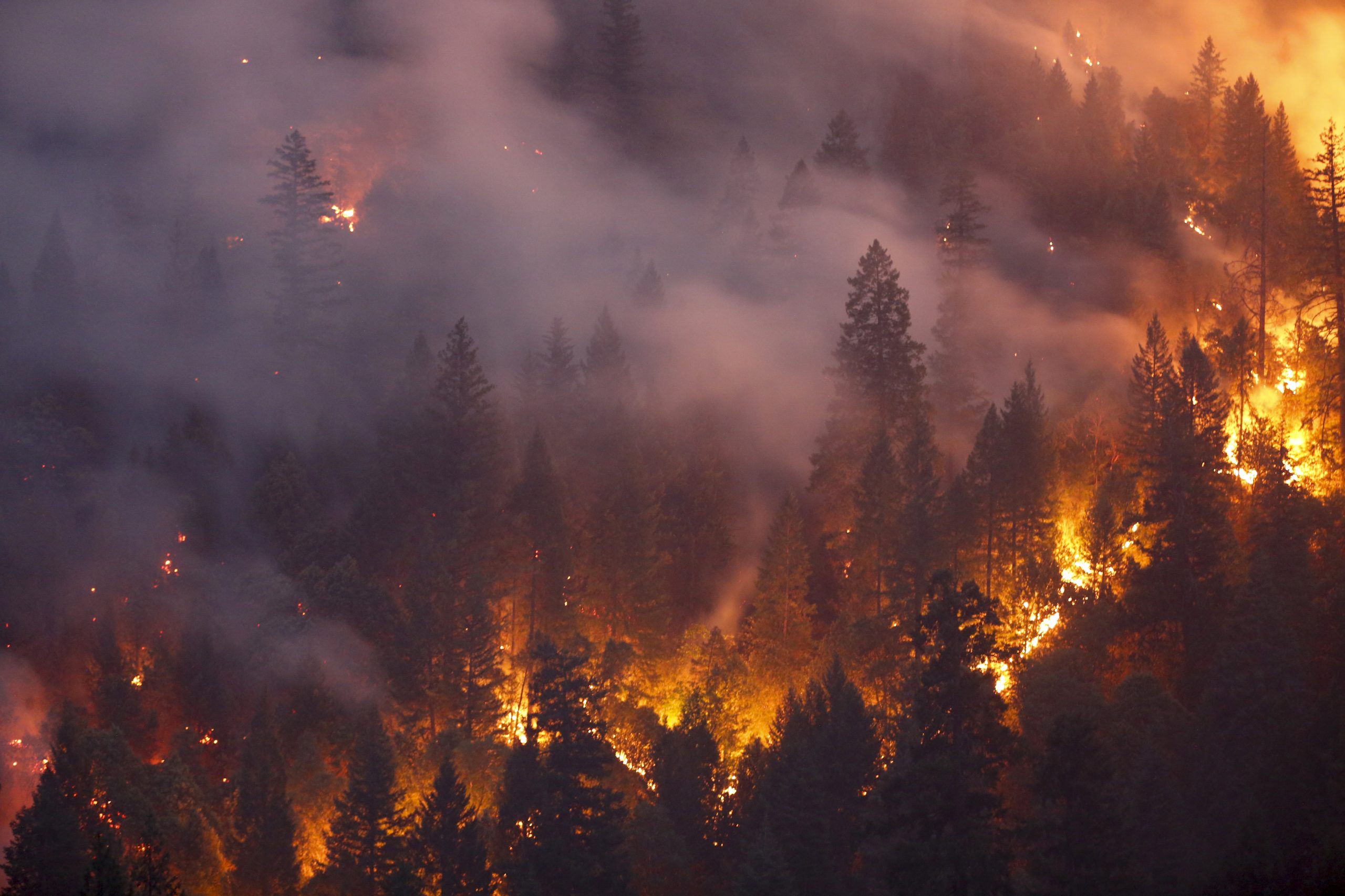
If the natural disasters of the last few months weren't enough to go by - floods in China and western Europe, heatwaves and drought in North America and wildfires in the sub-Arctic - today's 'code red' warning should be.
Today, the latest United Nations IPCC report - that's Intergovernmental Panel on Climate Change report, FYI - has been released, and shares some stark and sobering findings.
The report collates evidence from over 14,000 research papers and 234 global scientists, professors and academics. It outlines some harsh truths and, bottom line, highlights that, as Executive Director of the UN Environment Programme Inger Andersen says: 'Nobody is safe and [climate change] is getting worse—and fast.’
This affects every single human living on planet Earth - so whether you like it or not, it's your responsibility to read it and act - now.
Keep reading for a breakdown of the findings and a climate expert's take on what they actually mean for you.
UN IPCC Climate Report: 'It's getting worse, fast.'
1. The impact of climate change is now 'unavoidable'
The United Nations report doesn't beat around the bush, with UN secretary general Antonio Guterres calling it a ‘code red for humanity’.
Sadly, some - not all, but some - of the changes made to planet Earth, the findings conclude, are now both 'unavoidable' and 'irreversible.'
2. Humans are the cause
If you're on the fence about whether human impact is really causing the planet to heat up, hear this: scientists have confirmed that it is, in their own words, ‘unequivocal’ that humans are the main reason for global warming, triggering ‘unprecedented’ shifts not just to our land, but to our rainforests, air, atmosphere and oceans, too.
Celebrity news, beauty, fashion advice, and fascinating features, delivered straight to your inbox!
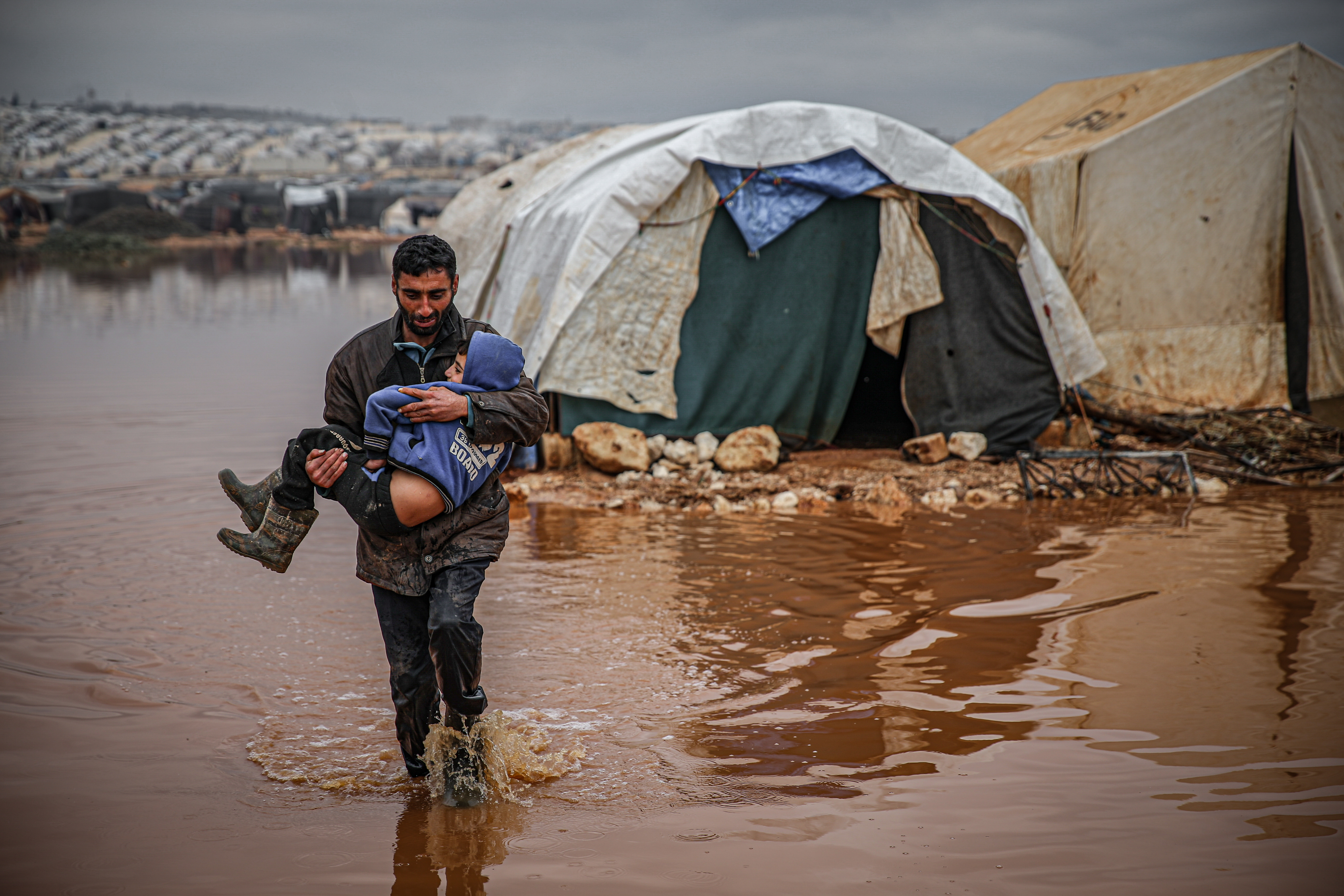
3. It marks a 'code red'
Wondering what this means? Well, in short, it's a warning: Guterres wants the world to know that, as per their findings, if countries don't change their efforts and step up to cut their carbon footprint, we face serious crisis.
He said: "The alarm bells are deafening, and the evidence is irrefutable: greenhouse gas emissions from fossil fuel burning and deforestation are choking our planet and putting billions of people at immediate risk."
"Global heating is affecting every region on Earth, with many of the changes becoming irreversible. The internationally agreed threshold of 1.5C is perilously close."
4. The rate of change is unprecedented - and could get quicker
The Earth is getting hotter - and fast, at a rate 'unprecedented' in the last 2,000 years.
Scientists warn that the Earth will likely hit 1.5 degrees of warming in the next decade or two - that is, unless immediate action is taken.
5. The stats are sobering
Need-to-knows: CO2 levels haven't been this high for three million years, greenhouse gas levels are at their highest in hundreds of thousands of years, and the amount of methane in the atmosphere the highest in 800,000 years.
If these stats don't bring home the sheer scale of the problem, we don't know what will.
6. Burning fossil fuels and deforestation are to blame
And, by proxy, the humans, organisations and businesses who've been carrying out these activities without a care for the planet or the environment.
Human activities like burning fossil fuels and deforestation are now known to be directly to blame for the Earth's temperature being, on average, around 1.1 degrees C higher than this time twenty years ago.
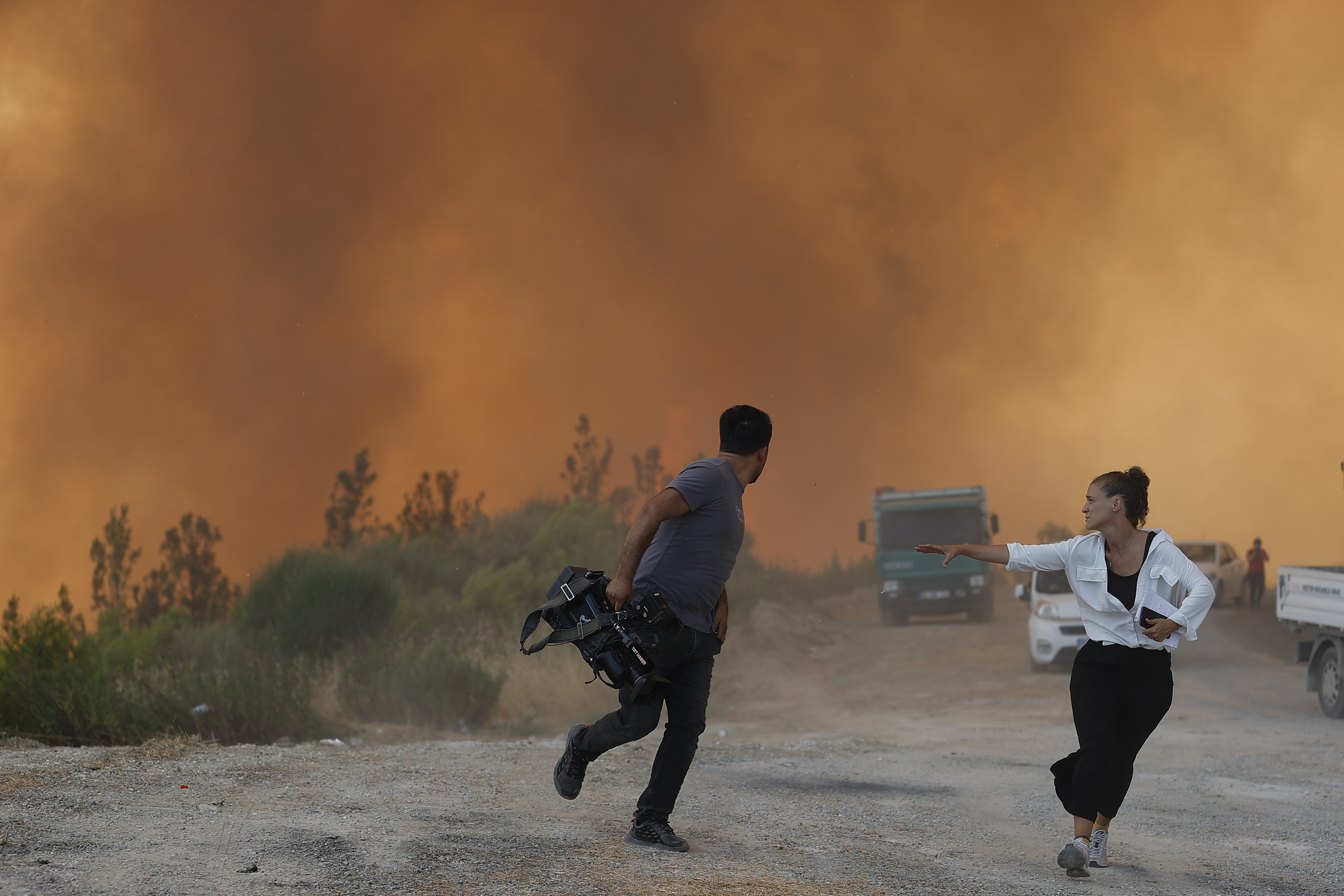
7. Nowhere is unaffected
Sadly, the scientists state that there is 'strong' indication that climate change spans the whole globe and won't slow down anytime soon, either, unless drastic change is made.
The report says that, over the course of the next two decades, the Earth could reach temperatures of 1.5C, despite many countries signing a commitment to ensure this didn't happen.
A significant reduction to both carbon dioxide and other greenhouse gas emissions must happen - and fast - to stop this from happening.
8. Freak weather will only continue
You know the heatwaves in Canada and the US, floods in Germany and China, and wildfires in Turkey? There's more to come. Experts warn that we face serious bouts of extreme weather - think drought, rainfall, heatwaves and cyclones - and that this will only increase as the Earth's carbon sinks become unable to cope with the amount of CO2 in the atmosphere.
They also warn to expect serious changes to the amount of sea ice, snow cover and permafrost.
These changes are predicted to be irreversible for decades, at the very least. Scientists predict that the higher the Earth's temperature gets, the worse the natural disasters will become, too.
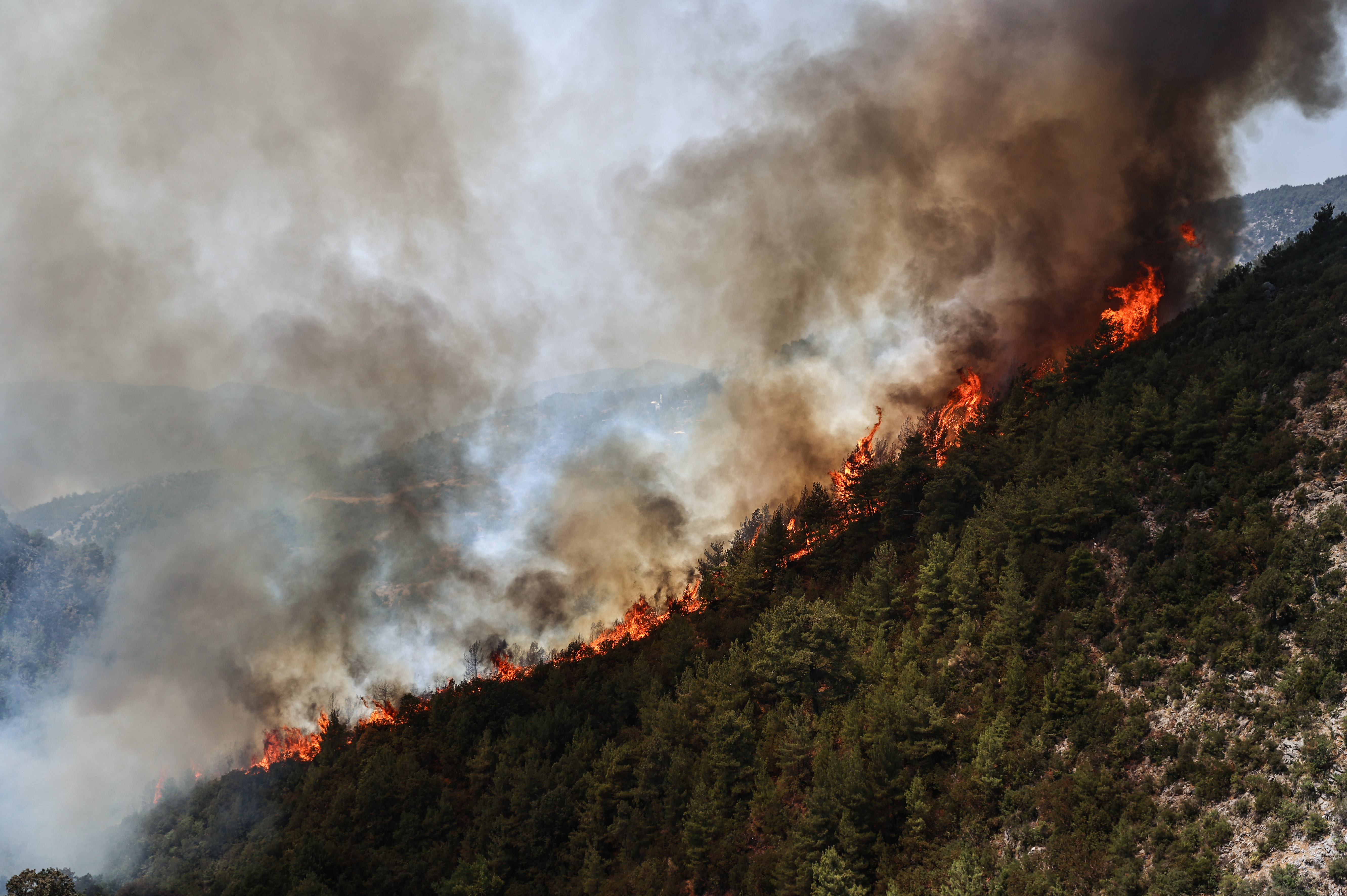
9. Cutting carbon emissions is no longer encouraged, but essential
We need to act now. The UN say that cutting global emissions immediately is the only chance to realistically limit global warming to 1.5C in the long-run. If it goes above this, the human race will face serious repercussions, they predict.
On the subject, PM Boris Johnson said: “Today’s report makes for sobering reading, and it is clear that the next decade is going to be pivotal to securing the future of our planet. We know what must be done to limit global warming – consign coal to history and shift to clean energy sources, protect nature and provide climate finance for countries on the frontline."
10. Climate 'disruption' is guaranteed for decades, if not centuries
As we've touched on above, sadly, not all of the changes are reversible - at least, not for some time. They've confirmed today that the levels of greenhouse gas in the atmosphere means that we'll be dealing with the repercussions of climate change for 'decades if not centuries.'
“The alarm bells are deafening,” said Guterres. “This report must sound a death knell for coal and fossil fuels, before they destroy our planet.”
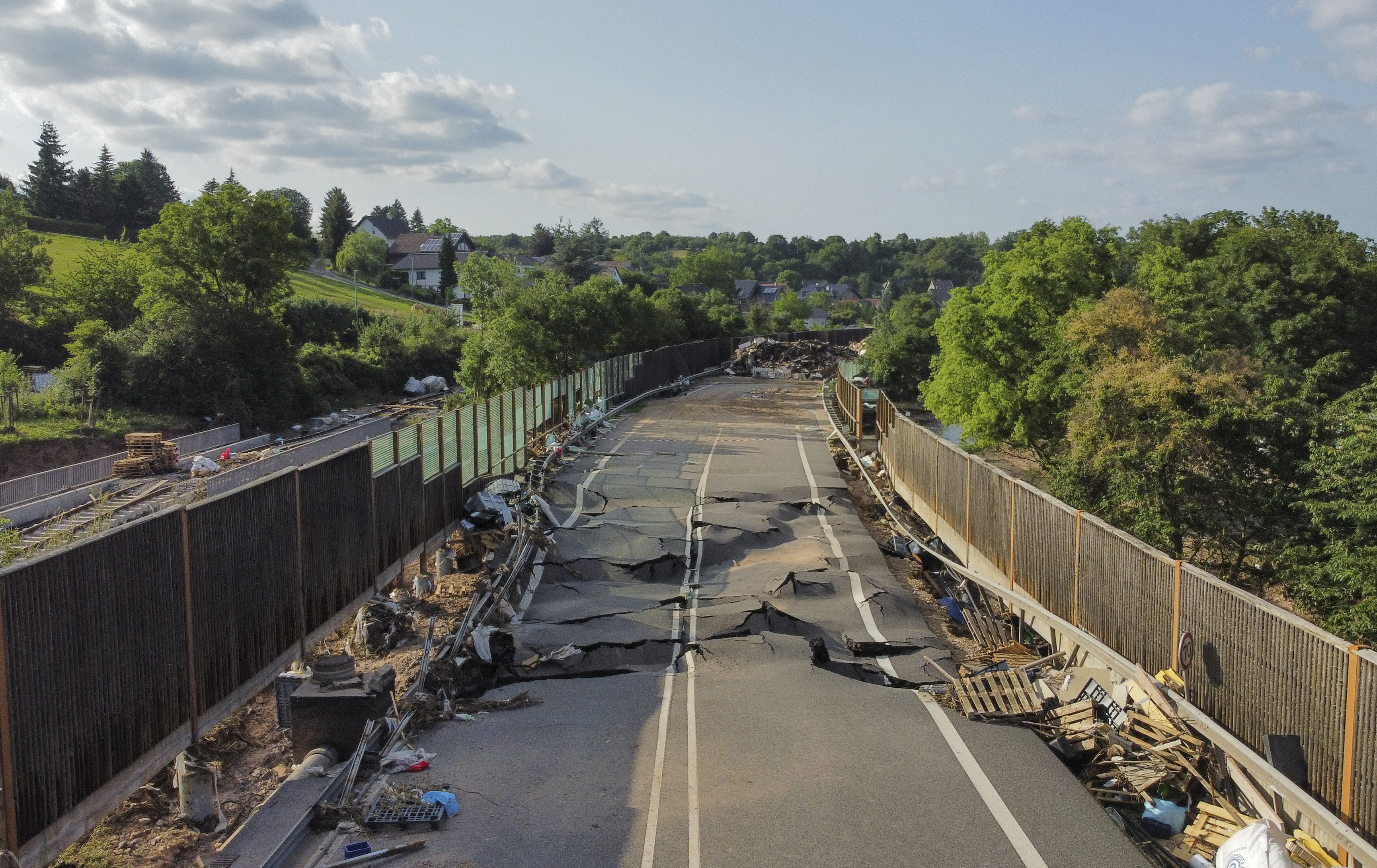
Mikaela Loach - 'We cannot continue as we have been'
"I feel overwhelmed. A lot of us do. This has shown us clearer than ever before that climate change is now. It is everywhere and it is happening and it is touching all parts of the Earth, right now."
"We must act. We cannot continue as we have been - everything that's happening seems drastic and awful, but if we continue this way, it's only going to get worse."
"This will be the least amount of disaster that we see."
"There is this complete wilful ignorance of the harm that's being caused all over the world, and it's completely absurd to suggest that these natural disasters are anything but climate change. It is climate change. It's climate breakdown that we're seeing happening around us."
"It's only going to get worse. We need to stop that as much as we can."
"It is not too late."
"We still have time to stop runaway climate change - there are certain things that we can reverse, but that requires rapid decarbonisation, investments in green jobs, backing of renewable electricity and a move away from fossil fuels. It's possible - it's within our reach - it just requires us to put pressure on our government."
So how can you help? "It's not just about buying different - it's about campaigning and being involved. The UK government is set to approve the CAMBO oil field, an oil field off the coast of Shetland in the North Sea, just months before before hosting the COP26 UN climate conference in Glasgow."
"This oil field would produce ten times the amount of emissions that Scotland does. It would be absolutely catastrophic."
"Stopping these things from being approved is one of the important things we can do. Get involved in the campaigns - it's about more than just our lifestyle choices. Behavioural change - like changing what you eat and what you wear - is important, but how you use your time even more so."
"How are you going to get involved with campaigning and be part of movements that create the new future and our new world? Are you going to sit around and wait for other people to do that? You simply can't, because no one will do it for you. We have to do it for ourselves."
Remember: this may feel like a moment of despair, but really, it can be utilised as an opportunity. An opportunity to educate yourself, to inspire others, and to understand the complexities of this climate crisis - and what needs to be done now to combat it.

Ally is Marie Claire UK's Senior Health and Sustainability Editor, a well-regarded wellness expert, ten-time marathoner, and Boston Qualifying runner.
Utilising her impressive skillset and exceptional quality of writing, she pens investigative, review and first-person pieces that consistently demonstrate flair and originality.
As well as writing, Ally manages a team of freelancers, oversees all commissioning and strategy for her pillars, and spearheads the brand's annual Women in Sport covers, interviewing and shooting the likes of Mary Earps, Millie Bright, and Ilona Maher. Shortlisted for three BSMEs and winning one in 2022, Ally lives and breathes her verticals: her eye for a story and connections within the wellness sphere are unrivalled. Follow Ally on Instagram for more.
